
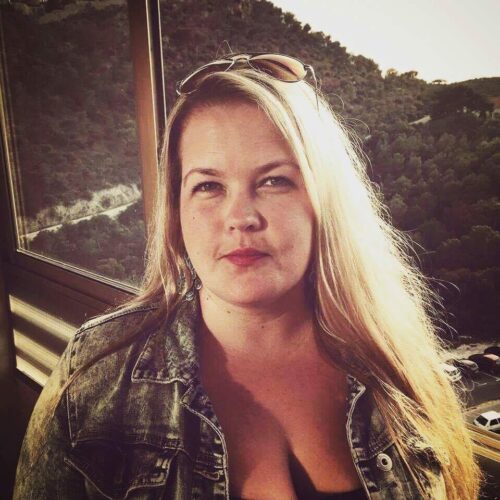
Brynhildur Yrsa Valkyrja
@yrsa1977
@druslukorinn
images:
Una Hallgrímsdóttir
@unahallgrims
translation:
I was thought of as a uniquely sweet and easy going child but was very stubborn and quickly angry. When I was mad nothing held me back. I was then quick back down and behaved like nothing happened while people were still getting over the temper tantrum that I just took. Ever since I can remember I have had a heavy heart and then anxiety blossomed in my teenage years. It was not until I was 26 years old that I found help for my depression when I could go no further.
I craved to understand myself better and sought out psychiatrists who pumped me full of drugs. Ideas circulated that I was bipolar and I took lithium for that ailment for many years. I felt the medication had no effect on me. I was known for going all the way with things that I was interested in, sinking myself enthusiastically into matters that sparked my interest and was generally thought weird in many ways. People were constantly pointing out, if I had sunk myself too much into something, that I must be Manic.
Therefore I was always trying to fight against these unnatural interests I had in things, people and matters because I wanted to avoid people’s intrusiveness into what I was doing.
I never did well under pressure and frequently broke down and went into “burn out”. I was thought to be hysterical and neurotic. I remember one time I quit my job when my colleagues told me my boss was constantly talking about how neurotic I was. I felt often that I was a failure and too emotional.
It never occurred to me that I was autistic. I know autism well through my work as a teacher. But I only knew the stereotypical side that has been flagged through the years. The side of autism that belongs to boys. I was once listening to a lecture with a specialist who talked that more and more were being diagnosed autistic today because of the increase in diagnosis. Not because autism was increasing. We all knew the situation of having weird UNCLES that were undoubtedly autistic. Nothing to be said about weird aunts.
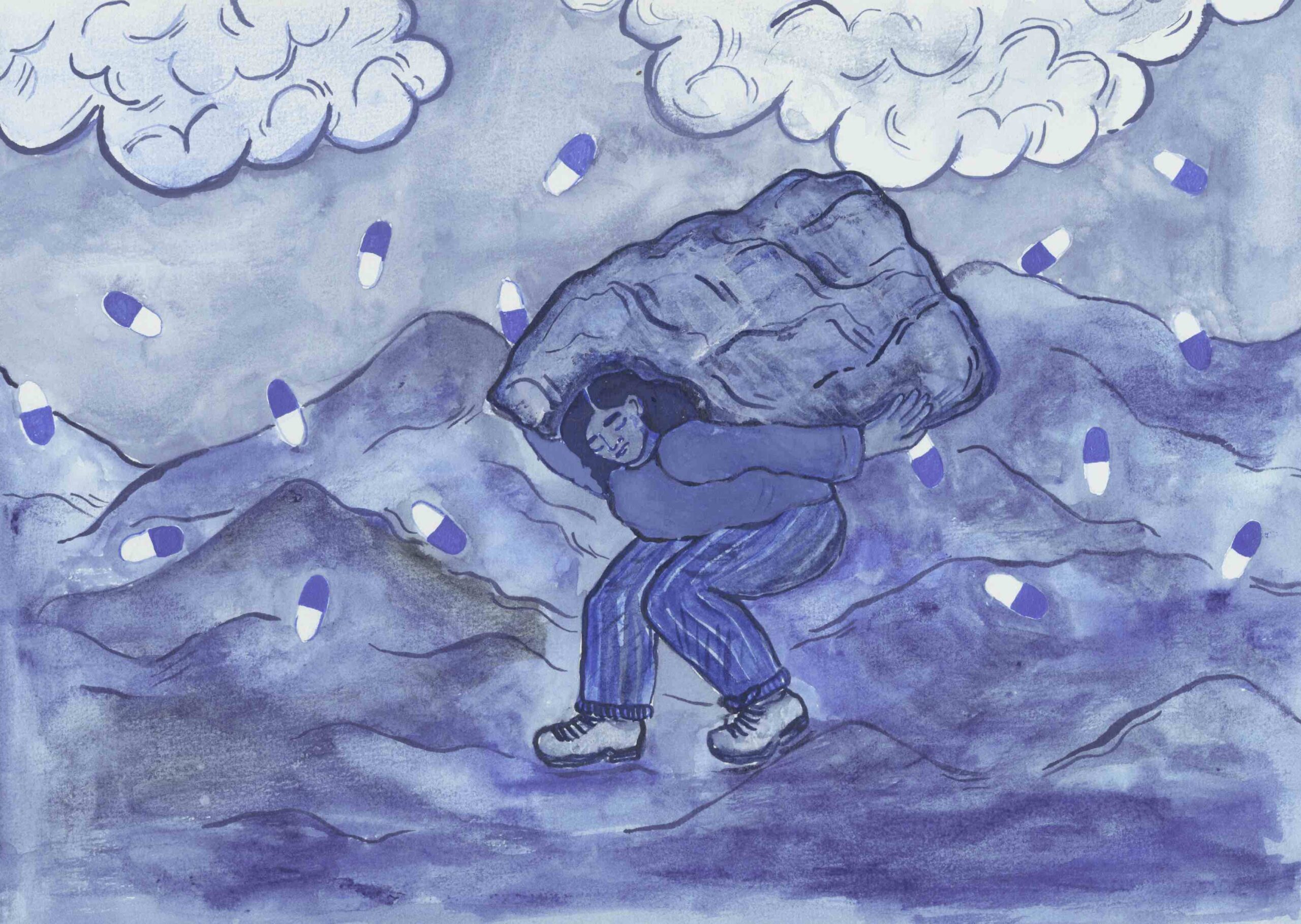
[the picture above is available in print here at Uppskera artmarket]
I bore the bipolar-diagnosis for many years (which I later found out was only guesswork and not a real result). I took medication for that ailment that did nothing for me. I constantly heard from people that I was just being manic if I was behaving weirdly. After all these years I watched the movie “Að sjá hið ósýnilega” and sat in the audience in Bíó Paradís with tears in my eyes because I related to so many things included in the movie. Just before that I had gone through a diagnosis process with a child and realised that I as a child ticked in so many of the autism boxes. Shortly after I saw the movie I had a conversation with an autistic acquaintance of mine and then made the decision to get diagnosed.
While I was in the process of being diagnosed I talked openly to people about it. Only a few of my interviewees were of the opinion that I could possibly be autistic but most felt the need to tell me that I just could not be on the spectrum. I also got questions regarding why I really wanted to know if I was autistic. What was I going to do with that information?
I of course answered that I wanted to know who I really am. Why I reacted in this way or that way in life.
It hit me hard to get these questions whereas I am sure that if I were waiting on results regarding whether or not I had diabetes, epilepsy or cancer, then people would have been understanding with me wanting to know whether or not I had a physical disability.
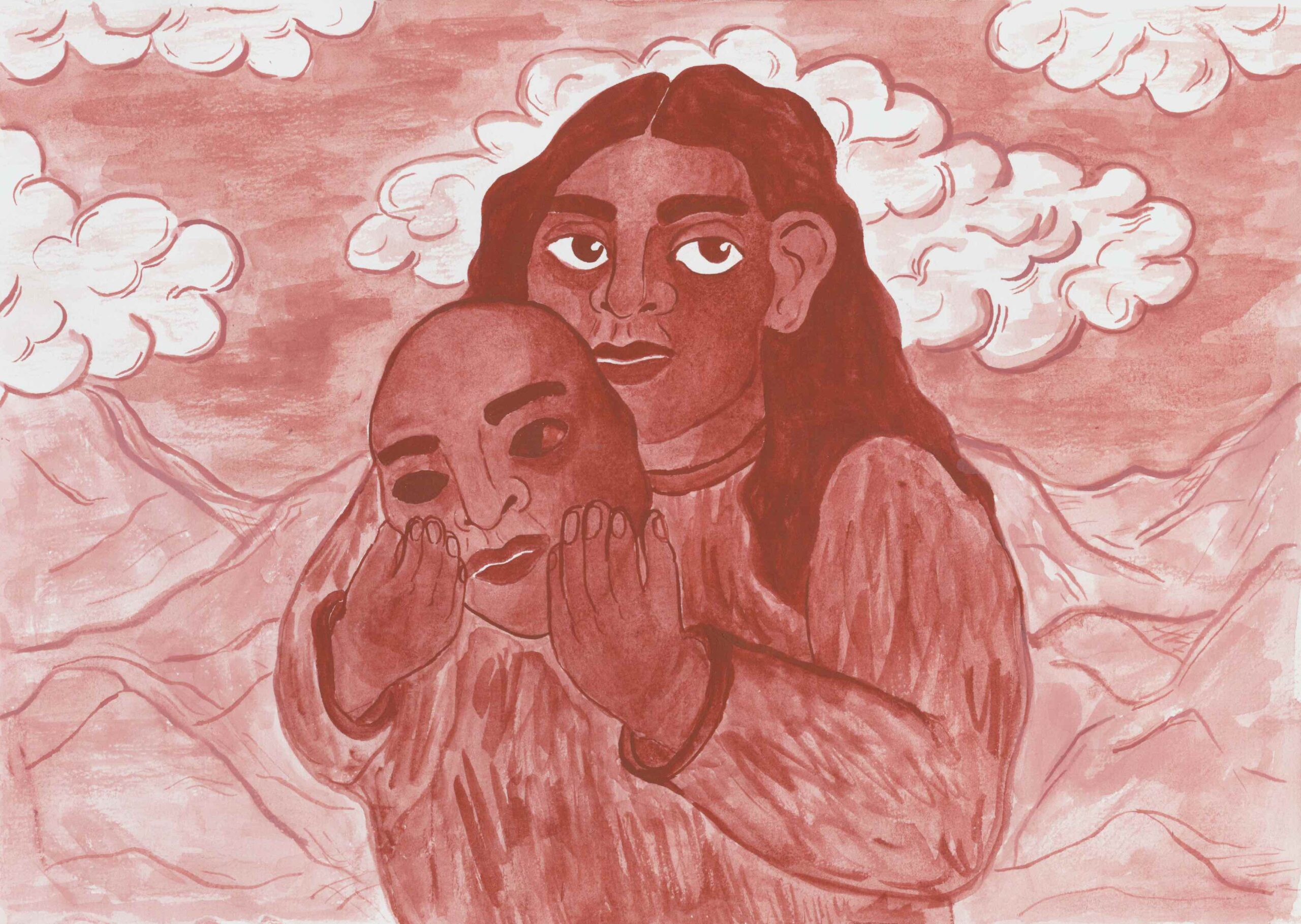
I then got the results in November of last year. Of course I was diagnosed with autism, as I became more and more convinced of. Before I would have gotten a diagnosis of aspergers. This was a big milestone for me. Finally I understood myself completely. All the puzzle pieces fell into place. I immediately stopped taking lithium and still mourn the fact I took that poisonous medication for years just because I was not correctly diagnosed. After I received the diagnosis my life has taken a turn. At first I still experienced peoples weird behaviours. Some doubted I was autistic. Said I did not look at all like I was autistic! Some approached me as if I had just received sad news and tried to be uplifting. One person offered me their condolences. I was speechless. In my innocence I did not believe that views on autism were like this. I decided that I would never hide that I was autistic and talked very openly about it from the beginning. In the beginning I saw that some thought this as uncomfortable as when I sunk myself with enthusiasm into my other hobbies. Some rolled their eyes but I did not let it deter me. I will never hide who I am. And because I think it is important to open people’s eyes to the differences of the sexes when it comes to autism and how girls have been invisible in this matter, I will never stop talking about autism.
My life took a U-turn to the better when I was diagnosed. I understand myself better. People understand me better. I am met with copious amounts of understanding from people around me.
I can get a better grip on myself when I am going into a “meltdown” or “burnout”. I feel like I have recovered myself, who I did not know well enough before. Every time that women who are convinced that they are on the spectrum send me a message asking me how I got around to my process of diagnosis I celebrate it. Knowing that these women are possibly experiencing the same relief that I felt. I found the last piece of my puzzle and finally have the ability to understand myself completely.
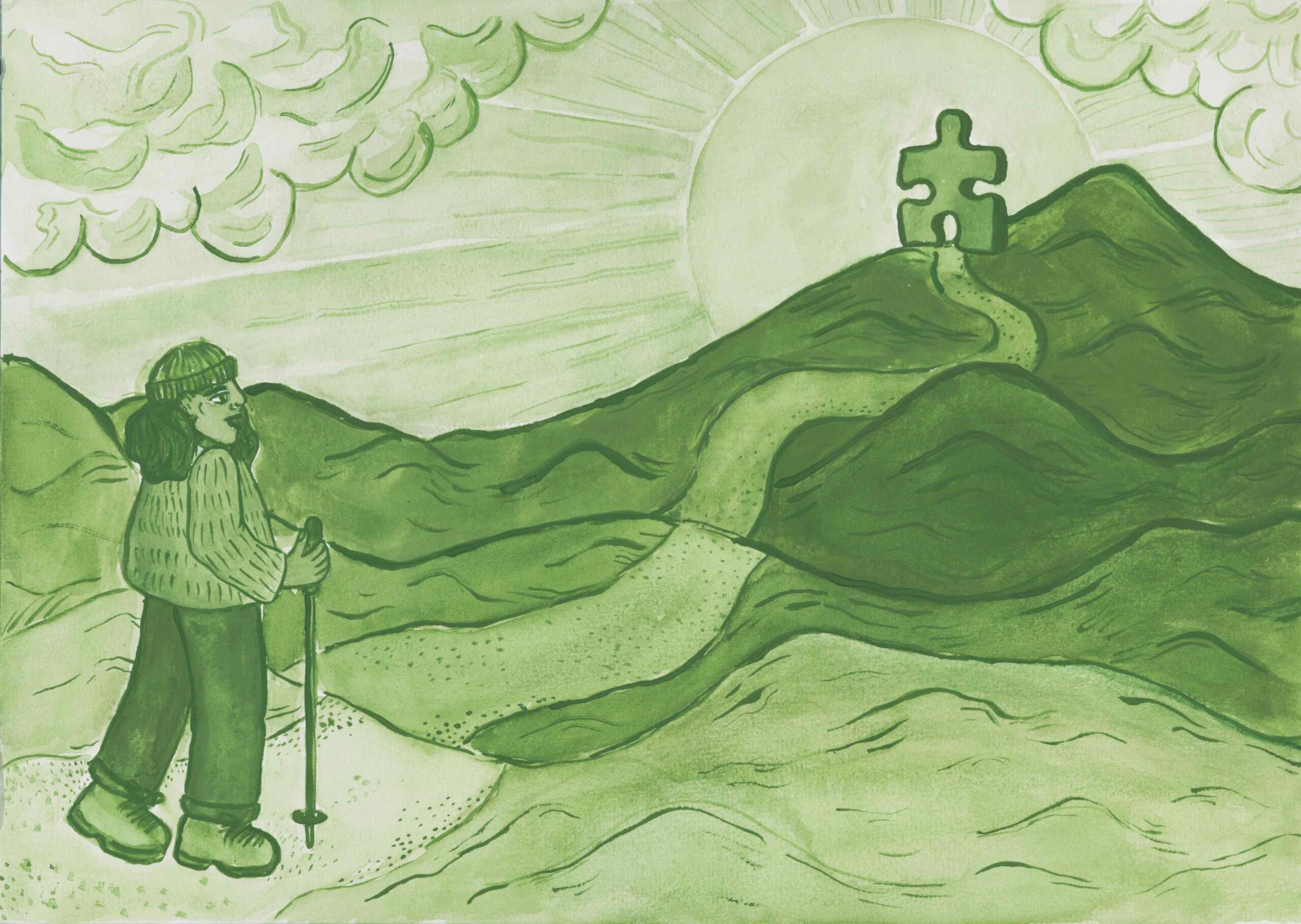
What I finally want to say is: If you suspect you are autistic, do not hesitate in checking it out. You will never lose with doing that and possibly gain big. You have the chance to find your puzzle piece.
Diagnoses: Daníel


My Right to Exist
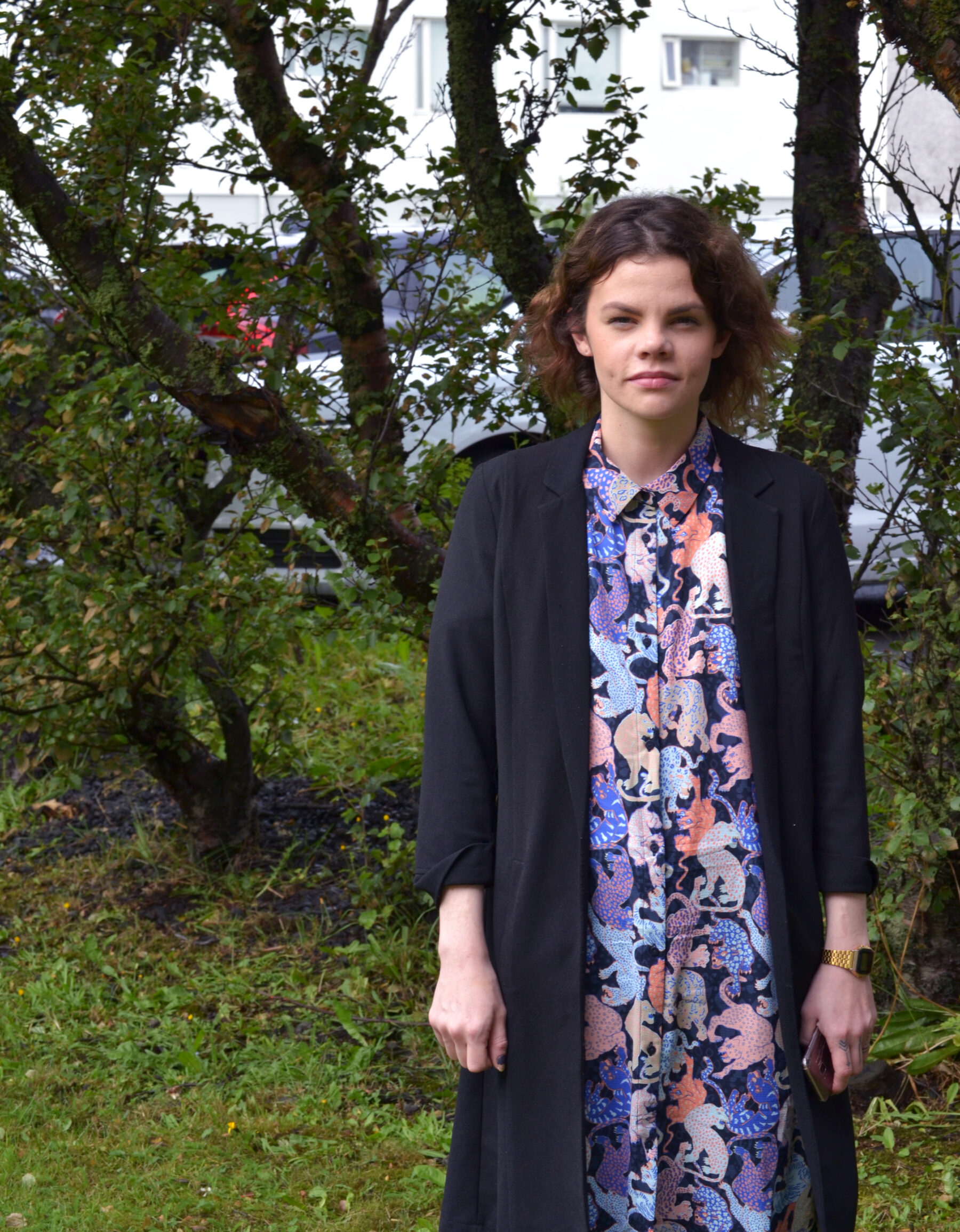

Welcome to The Slut Choir
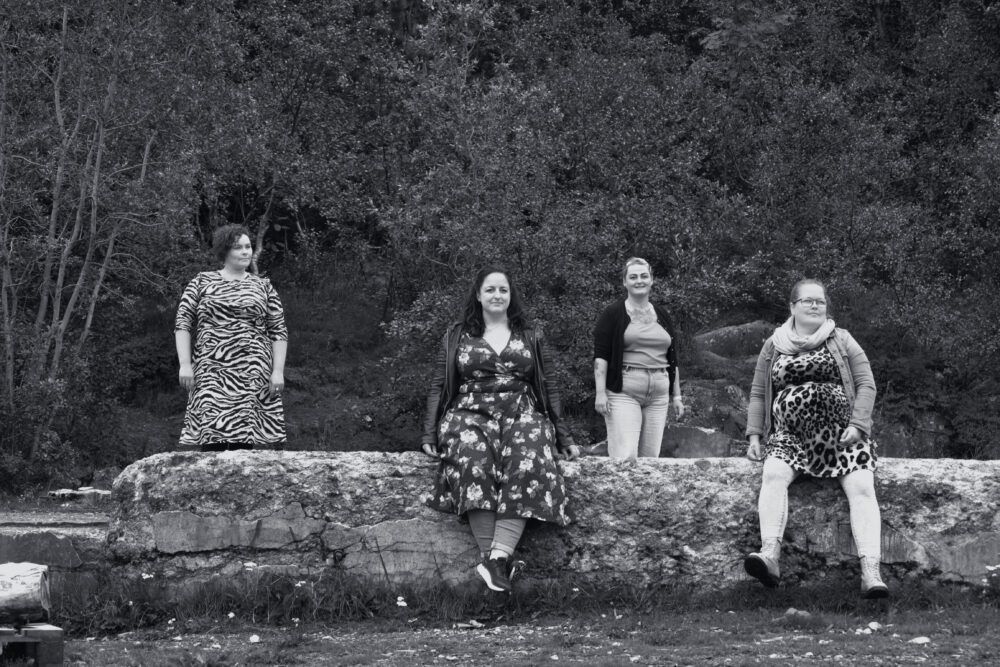
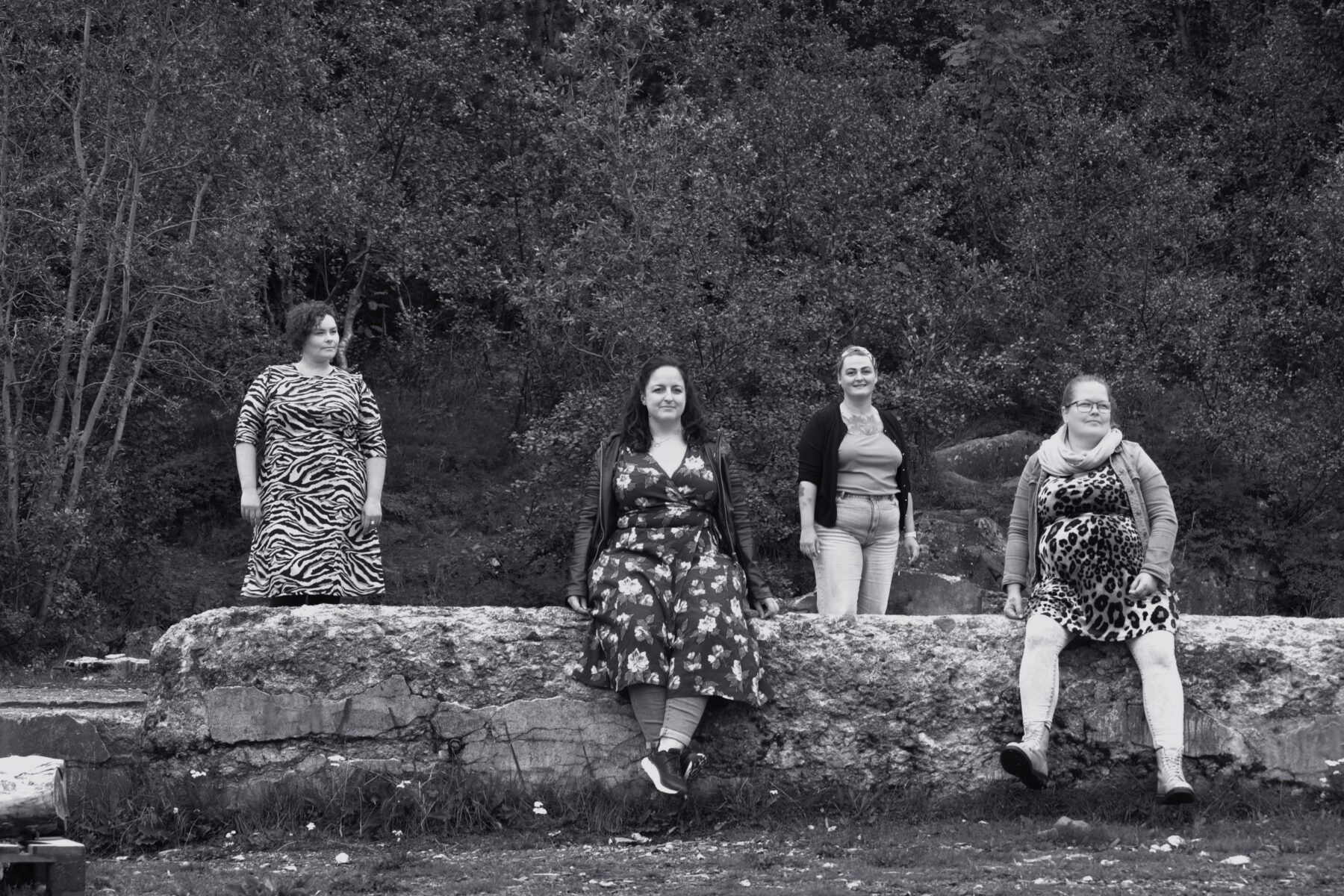
The Struggle of Perfectionism
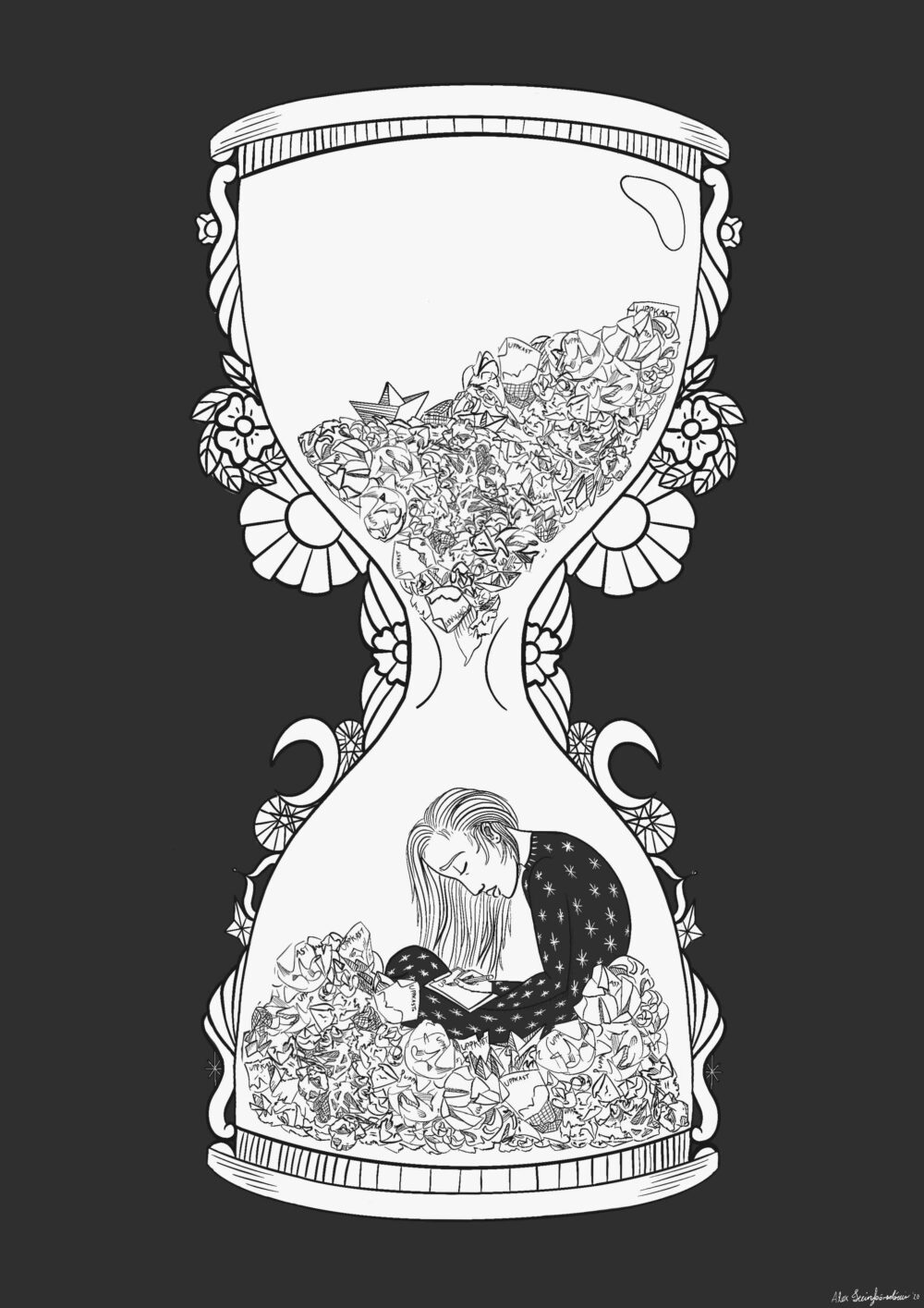
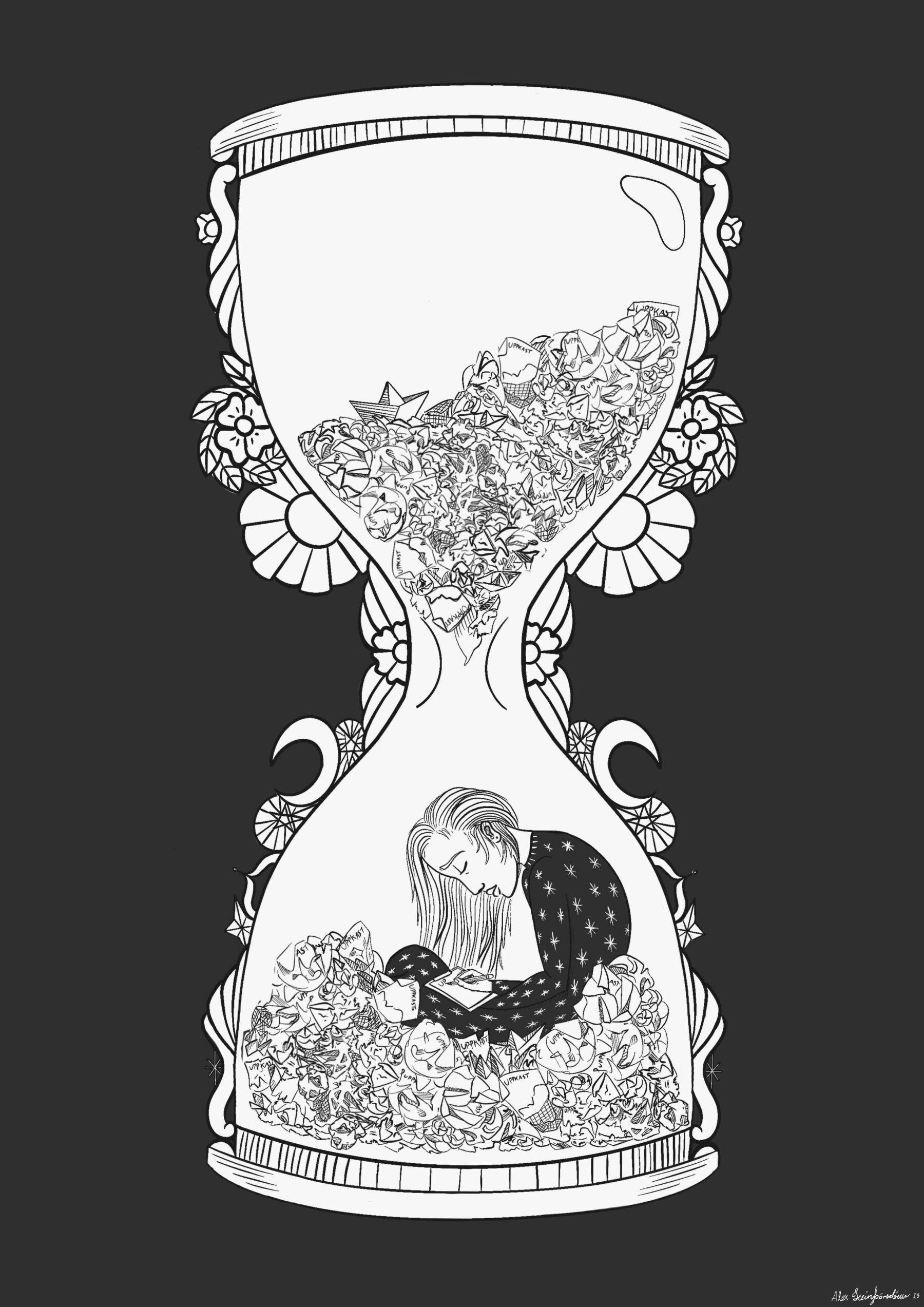
Read more about...